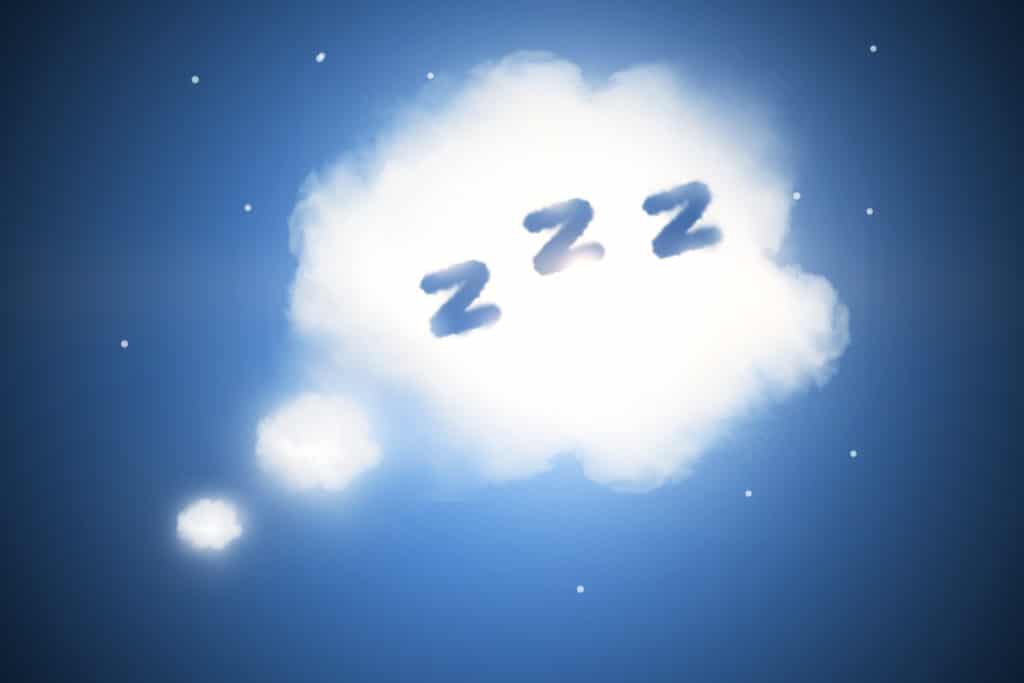Scientists now believe with confidence that deep sleep, otherwise known as non-REM sleep, allows for our neurological slow waves to act like a washing machine: cleansing our brain of harmful toxins that could lead to Alzheimer’s.
Why do we Sleep?
For centuries, scientists have long been perplexed over the question: “Why do we need sleep?” From a survival standpoint, sleep doesn’t really make sense…since it makes animals more vulnerable to their predators and humans more vulnerable to intruders.
Sleep science has justified that the purpose of sleep is to engage our body’s restoration process . But, exactly how the brain itself gets restored, during sleep, has yet to be fully understood. Nevertheless, we are now able to look into some windows of the brain that reveal possible answers.
When we sleep, the brain is shutting down its wakeful activities to make room for others–namely: the brain’s need to do its “housekeeping”. Scientists are now believing that since it takes a lot of energy for the brain to clean itself, possibly our brain can’t do this while we are awake. In other words, while our brain is performing all of its other functions when we are awake, maybe our brain is asking to take time to perform other important duties while we are sleeping.
If the brain doesn’t have the opportunity to cleanse itself, toxic wastes that are harmful to brain cells are not getting removed.

This could explain why we don’t think as clearly when we’re short on sleep. And in fact, this could account for how we know that sleep deprivation can actually kill an animal or person.
The Effects of Sleep on Your Brain
When our daily activities come to a hault while we sleep, our brain’s response to external stimuli gradually shuts down. However, our brain is still very engaged in constant activities–just a different kind–and, important ones!
We are unconscious of it, but our brain is the most active part of our body when we are asleep. Studies have found that during the deep sleep stage (non-REM sleep), slow brain waves become active and trigger our brain to flush out waste proteins that are toxic to our brain cells.
Deep sleep generates slow waves in the brain which in turn trigger its cleasing system.

To facilitate the brain’s housekeeping, blood flow into the brain is temporarily decreased and brain cells shrink in size, to make more room for cleansing between every cell.
During deep sleep, cerebrospinal fluid, the fluid that flows through the spinal cord and brain, is pumped through the brain and back out to remove toxins. The flush is quite dramatic and has been compared to opening and closing a faucet!
Sleep and Alzheimer’s
Cutting edge science techniques and technology has allowed scientists to see the brain’s unique “cleansing” process that happens during our deep sleep.
It has long been thought that somehow sleep disruption contributes to neurological decline and diseases. This is because studies show that sleep disorders coincide with brain diseases–but the connection was not yet understood, until now.
When there are interruptions in your sleep cycle, this can interfere with important slow brain waves that are enacted only when a person enters the state of deep sleep. When those slow waves can’t function properly, the waste protein, beta-amyloid, which can become toxic to brain cells, is not properly removed from the brain.
Beta-amyloid accumulating in the brain has been associated with Alzheimers.
It can be a vicious cycle because beta-amyloid is also known to decrease sleep and decreased sleep means less proper cleansing, causing more beta-amyloid to accumulate. People with Alzheimer’s disease have been determined to have smaller and fewer slow brain waves which reduces the efficacy of the brain’s ability to remove those toxic waste proteins.

Sleep Well to Prevent Neurological Decline
Studies are ongoing, but the connection between impaired sleep and brain diseases, like Alzheimer’s, has been made. One thing we can gather from this is that we ought to do everything we can to protect and insure our quality of our sleep.
When you think about the mattress you’re sleeping on, do you feel confident that it gives you the best rest your body needs? Because, this plays a big part in our health! The wrong mattress can definitely interfere with getting the deep sleep your brain needs for it to cleanse itself and stay healthy.
At Mattress Express, our sleep experts can help you learn how and why you may need to re-think your mattress.

This topic is so timely–since we are now living longer and thinking more about how to make the most of our increased longevity. You may find yourself realizing a new perspective, and that you are more committed than ever to investing in a high quality mattress.
Don’t let your sound thinking be discouraged by affordability because our financing option is easy and doable!

